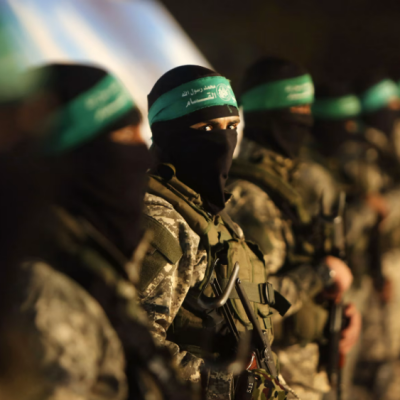By: Professor. Satoshi Ikeuchi, Professor, Global Security and Religion, University of Tokyo.
The Middle East has been a trade show ground for the advanced weapons in actual battle fields. In the Gulf war in 1991, Tomahawk cruise missiles were introduced fully into the operational situation and widely seen through satellite TV shows newly all over the world for the first time in human history.
At the US wars in Afghanistan and Iraq played out since 2001, new weapons systems were introduced one after another, starting from unmanned aerial vehicle (UAV), commonly called as drones, to many types of bunker busters. The trend culminated in the use of MOAB, the Massive Ordnance Air Blast bomb, also known as “Mother of All Bombs” which was 21,000-pound munition supposed to have been one of the most powerful non-nuclear conventional bombs.
Even in wars that are currently fought without declaration in the Middle East, cutting-edge weapons are used in new ways by new actors. Now UAVs and cruise missiles became basic commodities of life for small states and non-state actors. Attacks on Saudi oil facilities in Abqaiq and Khurais in this month showed how difficult it has become now to defend critical infrastructures from attacks using cheap and precise UAVs which were originally developed in the US War on Terror and then proliferated to the other side.
In May this year, Israel bombed a Hamas building in which it was claimed that cyberattacks or hacking operations were taking place. This bombing by Israel in Gaza was reported to be the first case of the kinetical response to cyberattacks in human history.
The most difficult and important problem of the undeclared war in the cyberspace is the problem of “attribution”. Attribution involves the ability of one state to locate where the origins are and who the originators are of cyberattacks in order to hold perpetrating states or entities responsible.
Even though the United Sates has the most advanced ability in this field of attribution, by utilizing its reconnaissance and intelligence facilities in global and cyber fields, still it is extremely difficult and sometimes impossible to achieve undisputed probability in attribution. That’s where the room for denial exists for states or entities which are highly suspected of involvement.
In the past, the prolonged conflict in the Middle East were described as “The War of Attritions”. Nowadays, “The War of Attribution” took over.




